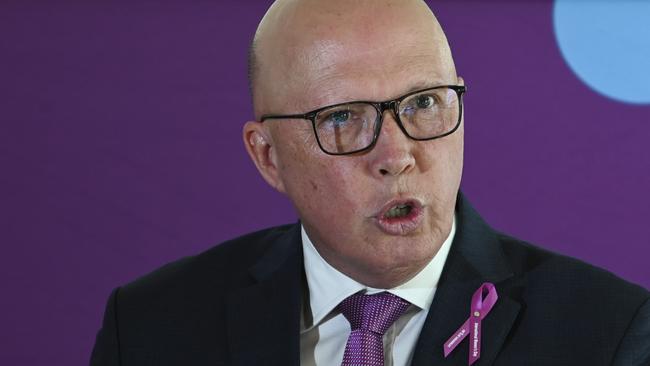
Opposition leader Peter Dutton has signalled an interest in focusing the next election campaign in that direction and there are growing calls for everything from a tax summit to mirror the one held back in the 1980s, to income tax bracket indexation to eliminate bracket creep once and for all, to a philosophical discussion about the balance between taxation and spending. How interventionist do we want government’s to be? If the answer is “very”, to fulfil social objectives, are we prepared to pay for that with higher taxes?
This debate is long over due in Australia. We can’t simply rely on past performance to ensure future prosperity. The heady reforms by the likes of Bob Hawke, Paul Keating, John Howard and Peter Costello desperately need updating. Reform of varying sorts to match modern needs is the key to handing future generations similar if not better standards of living to those enjoyed in decades gone by.
Australia’s over reliance on income taxes to carry the lion’s share of the burden funding government spending is a growing problem. That’s because the ageing of the population means fewer Australians will be in the workforce as a percentage of the overall population in the coming years. This trend in turn means that a taxation system reliant on income taxes above all else will see working Australians carrying an overt and unfair burden compared to the rest of the community unless reforms are legislated.
The broken promise on stage three tax cuts only makes this trend worse in the years ahead, unless further reforms to the tax brackets follows. For now Labor continues to rule out doing anything meaningful on this front. Not that such pledges mean much anymore, now that Anthony Albanese and Treasurer Jim Chalmers have signalled their word means little and can be broken whenever opportunity strikes.
The problem with higher taxes for those earning incomes versus lower taxes across other public policy areas, is that such a structure serves as a disincentive for hard work. It also encourages those capable of taking their talents and earning power abroad to do so. Australia can mitigate this reality in various ways: we are a desirable location for migrants to flock to, we can extend working opportunities to older Australians of retirement age via tax reduction incentives, and we can chop into government spending to reduce the income tax burden. But each of these solutions is a Band-Aid on a flesh wound. The better solution would be to incentivise those earning higher incomes to stay put.
Only wide ranging tax reform can truly ameliorate the problems of our current over reliance on income taxes in this country. The danger is that this debate, like so many other policy debates, gets hijacked by the politics of the day. That includes tapping into Australia’s well know tall poppy syndrome. Using envy politics to divide and conquer.
With an election around the corner anything either major party proposes also risks being opposed simply because the other side of politics didn’t come up with the idea. This is the antithesis of what Australia needs right now. But is Canberra capable of rising above such pettiness?
Dr Peter van Onselen is Winthrop Professor of Politics and Public Policy at the University of Western Australia and a fellow at the UWA Public Policy Institute.







If there is a welcome development the government’s deceit on stage three tax cuts has elicited, it’s the burgeoning debate about the need for wider tax reform. But will we seize this opportunity?